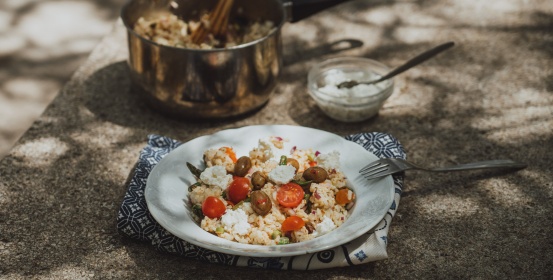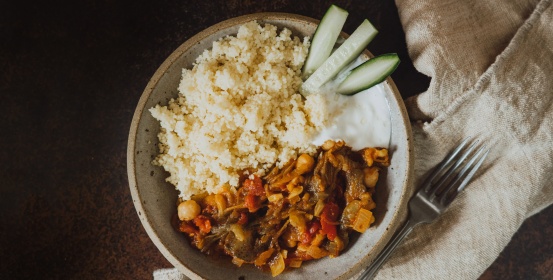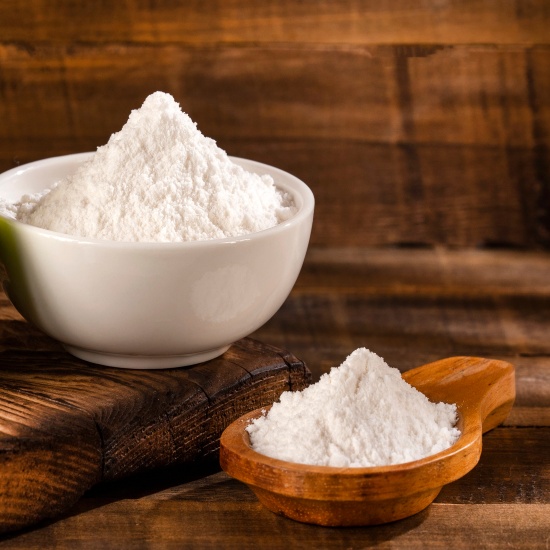The health of our digestive tract is of key importance for the health of the entire body and we have already written about that (you can find out more about that relationship in this article). How can we help our digestive system to function flawlessly and protect us from problems such as constipation, bloating, and heartburn? One of the key ways that we keep pointing out ourselves is a regular diet rich in fiber, vitamins, and minerals. However, a healthy diet is a very wide term, so we will be more precise in the article. We have prepared a guide for you on which foodstuffs we should consume to keep our digestive tract healthy!
Why is a healthy digestive system so important?
Our digestive system is a complex, strong, and at the same time delicate ecosystem where no less than 80% of our immune system cells are. If we do not take care of our digestive tract and if we burden it with an unhealthy lifestyle by eating fatty, fried food, drinking alcohol, smoking, being inactive, and other unhealthy habits, we can weaken our body’s immune response. The easiest way to support our immune system is by helping it in the best possible way. Only in that case it will defend us from illnesses and make sure that we recover fast in case of getting sick.
Avocado
Avocado is very healthy and exotic, however, many mistakenly classify it as a vegetable. It is a fruit that has many beneficial effects on health. Avocado is rich in high-quality unsaturated fatty acids. Fruits are mostly carbohydrates, but avocados are high in healthy fats. Due to its excellent composition, experts consider it one to be of the most nutritionally dense foods.
Avocados are highly nutritious and are an excellent source of many vitamins that are necessary for a healthy and strong immune system. These include vitamin C, vitamin B6, vitamin E, and folic acid. Up to 77% of the calories in a single avocado come from fat, making it one of the “fattiest” plant foods. But it is not just any fat. Most of the fat in avocado is oleic acid – a monounsaturated fatty acid that is the main component of olive oil and is said to have positive effects on health, including vascular health.
In addition to high-quality fatty acids, avocados are also rich in fiber, which most people lack in their diet. 100 g of avocado contains 7 g of fiber, which is on average 28% of the recommended daily fiber intake. Due to its exceptional composition, avocado is quite common in various cuisines. We have also used it in our menus so that you can benefit from all its positive effects on health.
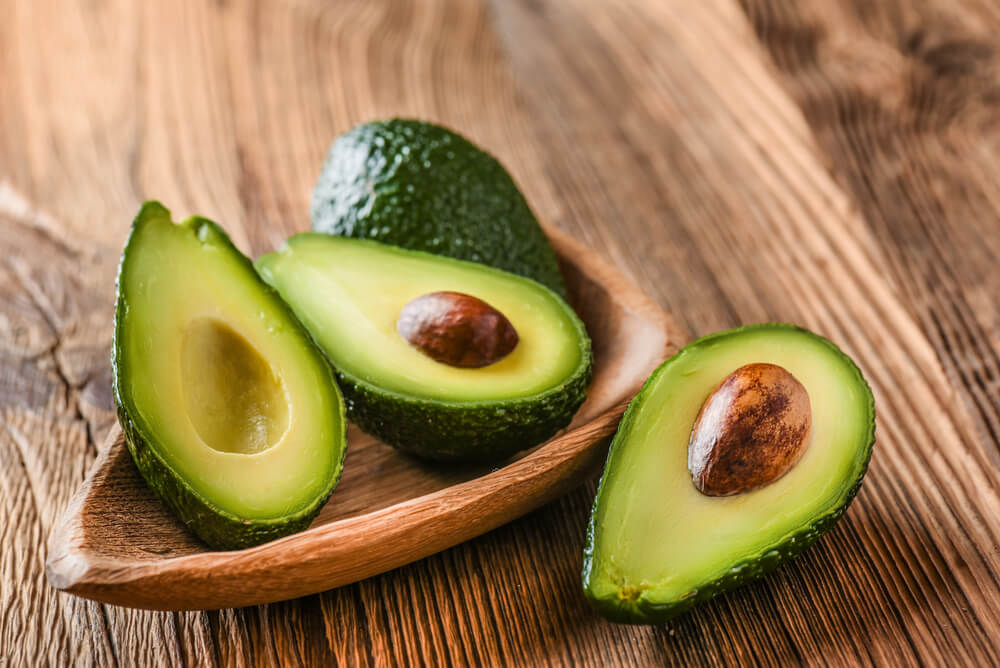
Broccoli
Broccoli is a vegetable from the brassica family, related to cabbage, kale, cauliflower, and Brussels sprouts. It is known for its beneficial effects on health. Broccoli contains many nutrients, including fiber, vitamin C, vitamin K, iron, and potassium. It also has higher protein content than most other vegetables.
Broccoli can be eaten raw or cooked, but most research shows that it has the most health benefits when gently steamed. 100 g of cooked broccoli contains 65 mg of vitamin C, which is on average 90% of the recommended daily intake. Broccoli is rich in many plant nutrients that are associated with positive health effects. The most widespread is sulforaphane, one of the most studied plant compounds found in broccoli, which is given great importance, as it is said to protect against certain types of cancer.
Due to its benefits, broccoli is quite common on our menus. Packed with vitamins, “green power” rightfully tops the list of superfoods.
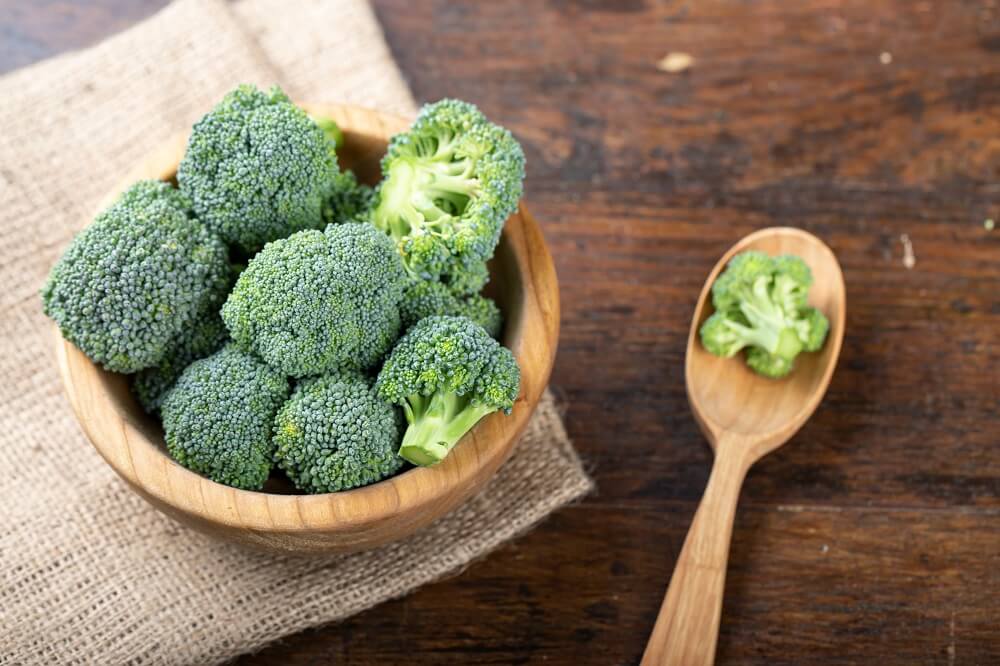
Blue Fish
Fish, especially saltwater fish, is a desirable ingredient on any menu. Ideally, one should eat two to three servings of fish per week, each serving to include fish rich in omega-3 polyunsaturated fatty acids.
Blue fish falls into this category and is accessible to everyone. Our menus usually include sardines, tuna, and salmon, and you can also try mackerel, sprats, or anchovies. Polyunsaturated omega-3 fatty acids are essential fatty acids that the body cannot produce on its own, so they must be obtained from food. Many positive health effects are attributed to them, especially the protection of blood vessels, and anti-inflammatory effects, as well as a role in the construction of brain structures in children. Blue fish is also a source of easily digestible protein, calcium, and vitamin D.
Fish is one of the main foods of the Mediterranean diet, which is considered one of the healthiest. From a nutritional point of view, fish is a whole food and fish experts often say for fish: “The fattier, the healthier”.
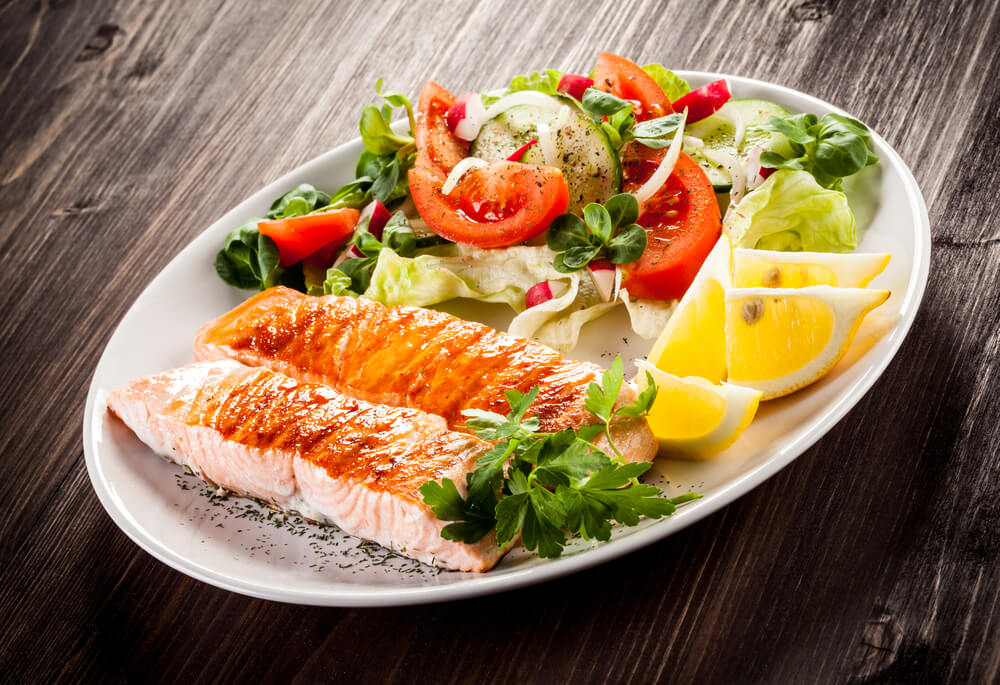
Grapefruit and Tangerines
Grapefruit is very desirable in the daily diet, as it is abundant in nutrients. The positive effects of consuming grapefruit are particularly associated with large amounts of vitamin C and flavonoids. Grapefruit also contains pectin, a soluble fiber that has a very good effect on the digestive system. Grapefruit is a real “bomb” of nutrients that work preventively and is a true ally in strengthening the immune system.
However, some caution is required when consuming grapefruit. So far, 85 medications are known to interact with grapefruit, so people taking medications on a daily basis should consult their doctor about consuming grapefruit.
We have probably all been hearing ever since our childhoods how healthy citrus fruits are. Apart from grapefruit, citrus fruits also include tangerines. Mandarins, with their high content of vitamin C and flavonoids, stimulate the immune system and at the same time protect cells from the harmful effects of free radicals. So, do enjoy the tangerine season.
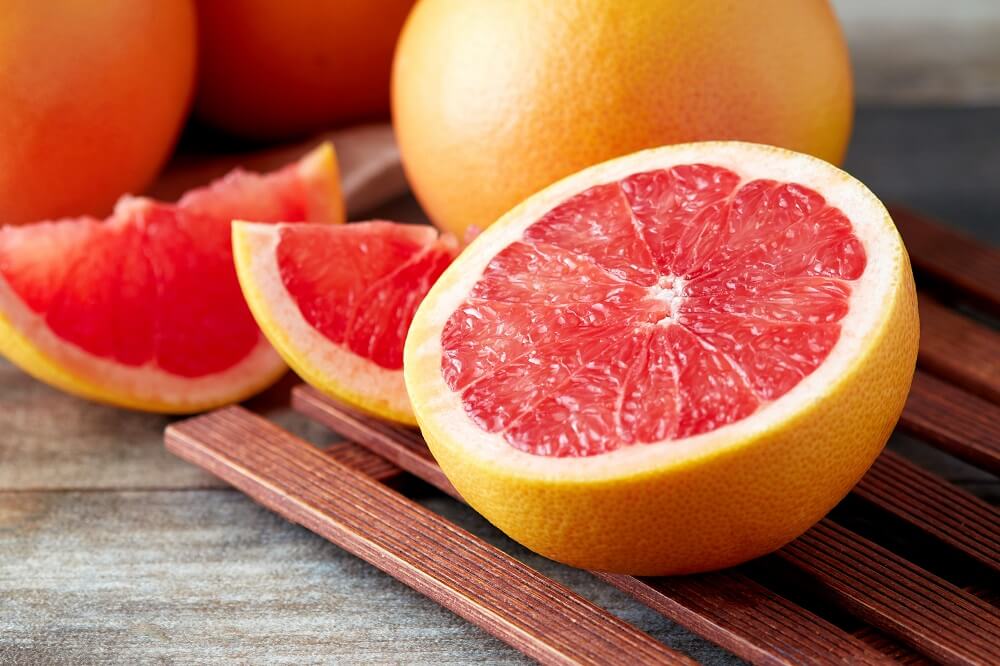
Pumpkin
Pumpkin is an excellent source of dietary fiber, which is essential for nutrition, as well as other important nutrients. It can be prepared in countless ways: boiled, baked, pureed, or in risotto. The possibilities are endless and the health benefits are great. Pumpkin is an excellent source of carotenoids, which the body converts into the active form of vitamin A, which contributes to the normal functioning of the immune system, as well as to the health of the skin and vision.
Red Cabbage
It tastes similar to savoy cabbage, but the red variety is richer in plant nutrients linked to health benefits such as stronger bones and a healthier heart. Red cabbage is low in calories and a good source of fiber and vitamins A, C, K, and B6. Just one cup of shredded red cabbage provides about 56% of the recommended daily intake of vitamin C. Red cabbage is an excellent source of antioxidants and other beneficial plant nutrients that help protect cells from damage. Among the antioxidants it contains are vitamin C, carotenoids, and flavonoid antioxidants such as anthocyanin and kaempferol. Red cabbage usually contains more of these nutrients than savoy cabbage. According to research, the antioxidant levels in red cabbage are about 4.5 times higher than the antioxidant levels in green types of cabbage.
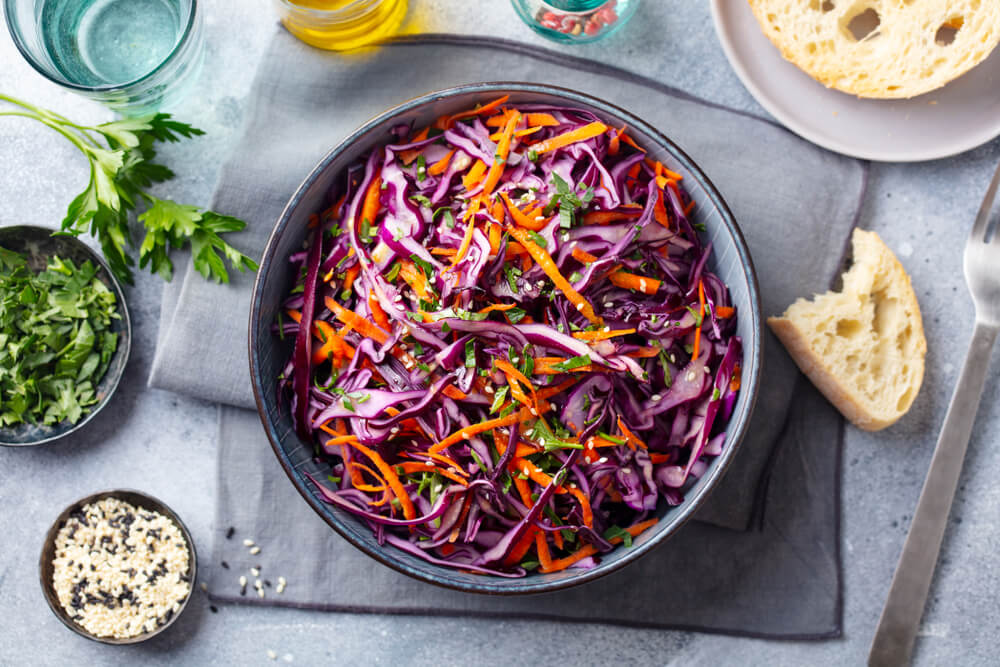
Bell Pepper
Bell peppers are low in calories and extremely high in vitamin C and other antioxidants, making them an excellent part of a healthy diet. Fresh, raw peppers are mostly water (92%). The rest is carbohydrates and small amounts of protein and fat. One medium red bell pepper provides approximately 190% of the recommended daily intake of vitamin C, making bell peppers one of the richest dietary sources of this essential nutrient. Other vitamins and minerals in bell peppers include vitamin K, vitamin E, vitamin A, folate, and potassium. Bell peppers contain many healthy antioxidants that protect cells from the harmful effects of free radicals.
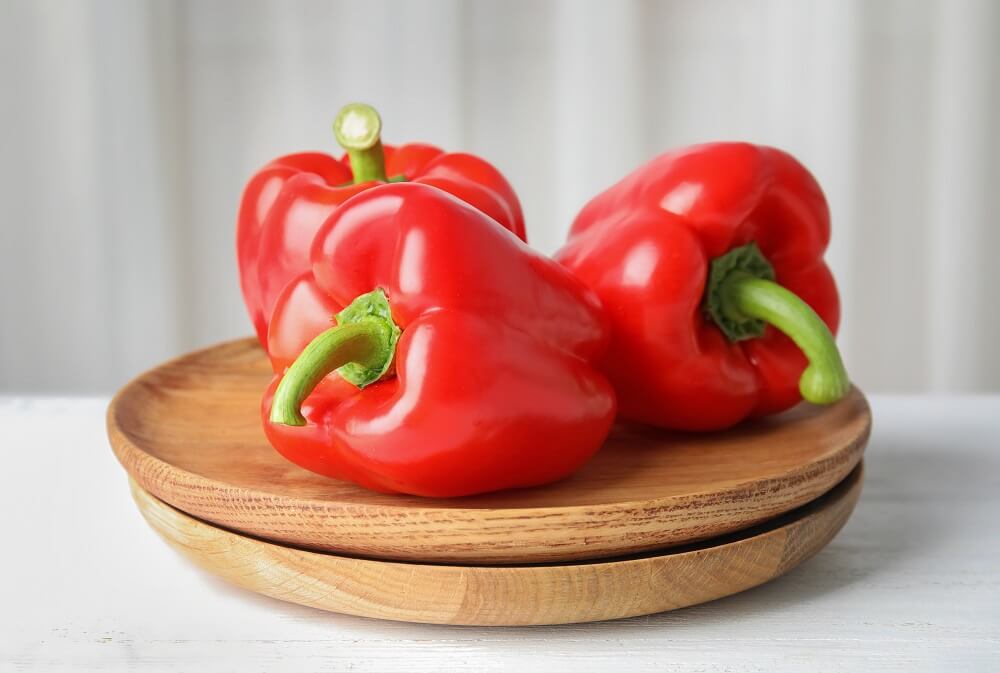
Brussels Sprouts
Brussels sprouts belong to the brassica family and are closely related to kale, cauliflower, broccoli, and cabbage. Brussels sprouts are often called “smart heads”, and for a good reason. They are low in calories, but high in fiber, vitamins, and minerals. They are characterized by a large amount of vitamin C and vitamin K. Brussels sprouts have many beneficial health effects, but they especially stand out with their impressive content of antioxidants.
A study has found that participants who ate about two cups (300 grams) of Brussels sprouts daily had a reduction of 28% in cell damage from oxidative stress. Brussels sprouts are rich in fiber, which is important for the health of the digestive system; research shows that adequate fiber intake can also reduce the risk of heart disease and diabetes.
Many dislike Brussels sprouts because of their rather strong smell and often mushy texture. However, that is usually caused by cooking Brussels sprouts for too long. Experts point out that five minutes of steaming is enough for Brussels sprouts. That way they remain crunchy, easily digestible, green, and the smell is not as strong.
As part of a diet rich in fruits and vegetables, Brussels sprouts help provide the body with the antioxidants it needs to maintain good health.
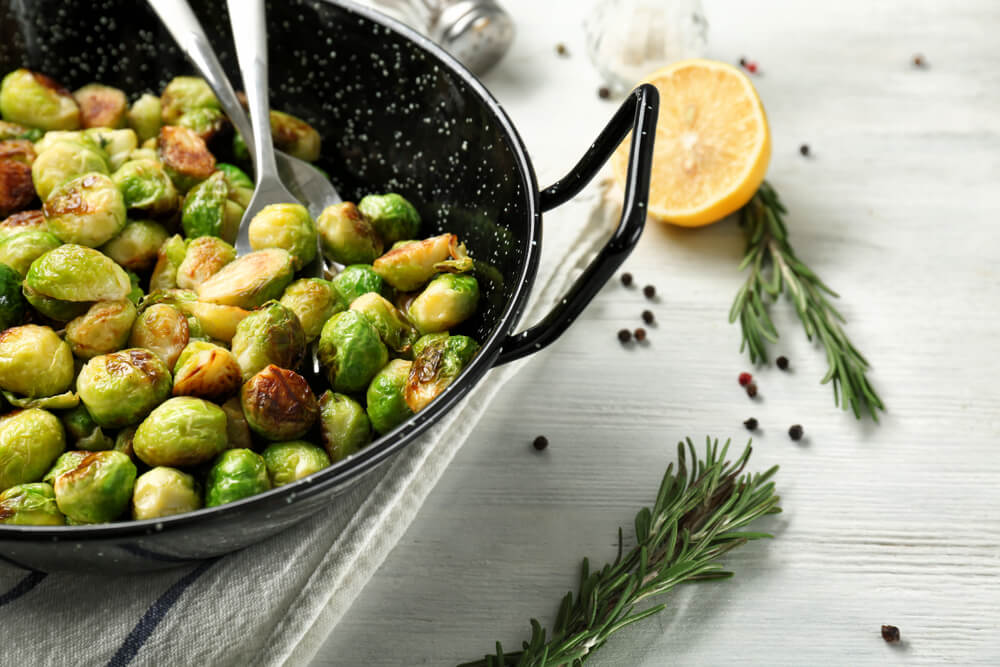
Polenta
Making polenta is quick and easy and the digestive system loves it. Polenta is high in fiber and low in calories. Due to its neutral taste, it can be combined with various foods and served as breakfast, lunch, or dinner. It is filling and easily digestible. Cornmeal alone is not a sufficient source of nutrients. However, if we consume it with other foods, it definitely has its place in a healthy diet.
The type of corn used to make cornmeal and polenta is different from the sweet corn on the cob that we enjoy in the summer. This is actually “starchy” field corn, rich in complex carbohydrates. Complex carbohydrates are digested more slowly than simple carbohydrates. Thus, they help us feel fuller for longer and provide long-lasting energy.
The yellow cornmeal used to make polenta is an important source of antioxidants, nutrients that help protect cells from oxidative damage. By doing so, they can help reduce the risk of certain diseases. The most important antioxidants in yellow cornmeal are carotenoids and phenolic compounds.
Corn and cornmeal are naturally gluten-free, so polenta is a good choice for a gluten-free diet. Nevertheless, you should always carefully read the declaration on the product. Some manufacturers may add gluten-containing ingredients or the product may be manufactured in a facility that also processes gluten-containing foods, that way increasing the risk of cross-contamination.

Mushrooms
Mushrooms come in many shapes, sizes, and colors. The non-toxic ones are healthy and tasty, too. Mushrooms are always a wise choice. They are fat- and cholesterol-free, and low in sodium and calories. They are packed with fiber, vitamins, and minerals. Their nutritional benefits vary depending on the type of mushroom.
In general, mushrooms are a good source of antioxidants, vitamin B, copper, potassium, and beta-glucans. Mushroom beta-glucans are a form of soluble dietary fiber that is closely associated with a positive effect on cholesterol levels. The official European Commission document containing the authorized health claims for beta-glucans states the following: “Contributes to the maintenance of normal blood cholesterol levels”. Other uses are not officially authorized.
Many studies point to a connection between beta-glucans and the immune system, although this claim is still under expert review. It is believed that beta-glucans in the body stimulate the production of bone marrow and thus the production of leukocytes and platelets. They activate macrophages – cells that stimulate immune activity. The most effective beta-glucans are believed to be found in oyster and shiitake mushrooms.
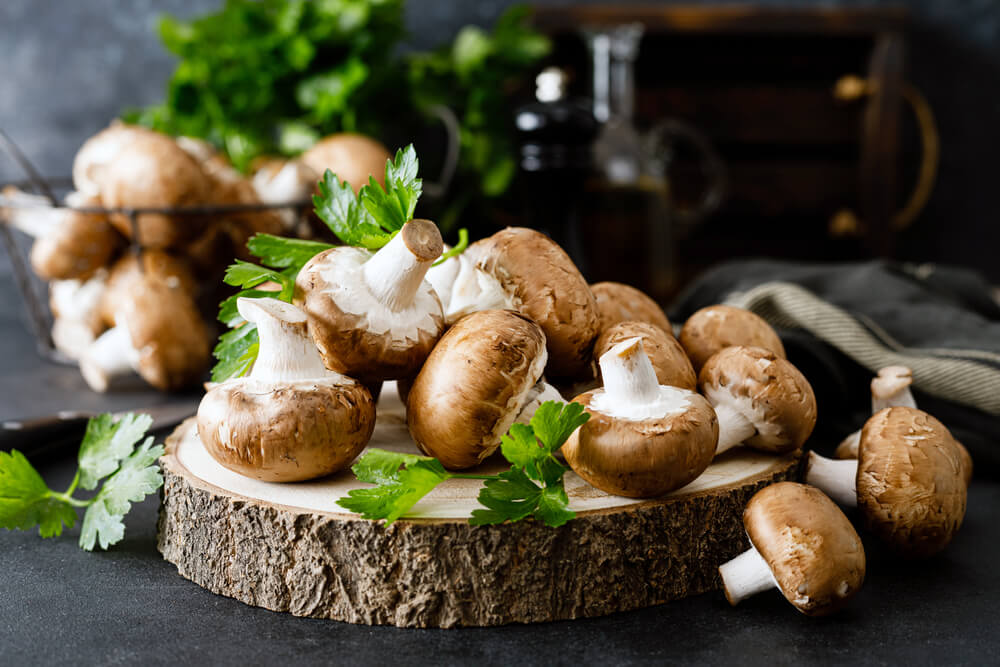
Frequently asked questions
Why is a healthy digestive system so important?
Up to 80% of immune system cells are in our digestive tract and that is why healthy digestion is key for a strong immune response.
Which foodstuffs are useful for the digestive system?
The Mediterranean diet, which consists of fish, vegetables, and nuts is considered to be one of the healthiest.
Which diet is considered to be the healthiest?
The Mediterranean diet, which consists of fish, vegetables, and nuts is considered to be one of the healthiest.
Which vegetables are rich in vitamin C?
Red pepper is an excellent source of vitamin C. A medium-sized red pepper satisfies no less than 190% of the daily need for vitamin C.
Why are Brussels sprouts so healthy?
Brussels sprouts are low in calories, but extremely rich in fiber, vitamins, and minerals. They also boast an astonishing amount of antioxidants.
What about drinks that improve gut health? One of them is surely Donat!
Choose chapter:



